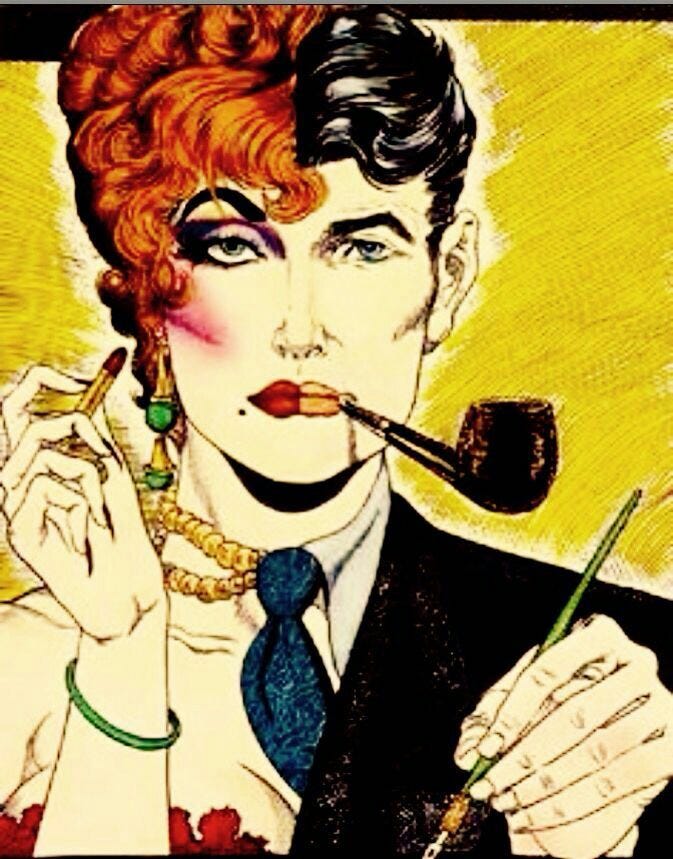Timorese Women as Veteran

A day before celebration of international women day March 8, I joined an on-air literary radio program with my Timorese poet friend Abe Barreto at Radio Liberdade Dili which aired on every Wednesday evening started at 6.15 pm at local time. A week before we came to this program, we had to have an advance planning and preparation on the theme we will present, how should we present and do a mini research for supporting materials for the discussion.
When discussed on choosing the theme, it came to our mind that in the first week of month, Timor-Leste celebrated a national veteran day on March 3 and on March 8 will celebrate international women day. Then, we got the idea to combine the two celebration into one theme ‘Women as Veteran’. For this theme Abe then invited Mena Reis, one of a Timorese senior woman activist, ex-resistance member and a poet to join us on the discussion and she participated.
The discussion started with describing the link of the two celebration on veteran day and women day, how we perceive women’s role and significance as veteran and what literary action can be done to help maintain the precious values as a veteran and as a women. That evening, at Radio Liberdade studio, we presented our discussion along with some intermezzos of musics and poetry recitals from Mena Reis with her own poem title Feto Timor-Lorosae (Women of East Timor), Abe with his poem about Mother and myself reciting poems by Rupi Kaur and Yacinta Kurniasih (an indonesian feminist writer) with feminism themefor which we called ‘literary salad’.
Throughout the discussion among three of us, I grabbed some important point for my reflection as following:
- The word ‘veteran' is not only about a title given to the ex-resistence individual/group for their military contribution as we may generally perceive but is indeed referring to the capacity, ability or skills they master for a long period. In the context of Timor-Leste’s resistance history on seizing independence, this capacity is about being able to survive physically and mentally amidst the invasion of merciless destroying bombs , poverty, terror, threat, humiliation, violence, abuse, lost of family member and one’s own life, grieve, and other miseries during the occupation time. Apart of surviving, is to learn to fight back and this required a through process of learning in an individually or collectively process on how to organize and succeeded with the guerilla.
- In Timor-Leste, when talking about veteran, most of the attention goes to men veteran rather than women veteran as media tends to expose more of men veteran’s stories and thoughts rather than women veterans which suppose to also received equal praise and recognizement as men veteran. Not only that, even many women veterans until now still live in difficult life and not receiving any support. Furthermore, many women veterans have not received any follow up notice on the lost of the family members during the occupation time which leave their grief remain.
- Another saddening issue is that women veteran tend to be seen by society as less intellectual and less capable. This is not good because society should understand more about the women veteran’s struggle internally and externally. Despite of receiving less praise and credit, some women veterans continue to show their serious effort on contributing to development of the country with all their capability (even if it is limited) in the area if education and other sectors in their community. One of great example today is Ms. Maria ‘Kasian' who opened a kindergarten school with her money received from veteran subsidy. This is example of the important value that women veteran want to share to the society and to the new generation as an example that commitment for contributing to development should started from our self first.
- However, women’s role and battle as ‘veteran' (not only the military veteran in literal meaning) are not yet over but instead came up with a new context of role and battle according to the latest life fashion issues. Women’s veteran role is nowadays becomes more challenging in all aspects of life that requires women’s ability to cope with, such as in the social, politic economic, health, education area, etc. Until today, many women in Timor-Leste still facing injustice, gender inequity, discrimination, violation which mostly tends to be approved by the society and lack of system support when they need it the most. Thus, being a veteran for women to master and cope with all the life pattern struggle is an eternal role and perhaps a lifetime battle.
- On the literary resources about women veteran’s contribution in Timor-Leste is still seen as lacking because again most of the stories tends to focus on male role and influence and speak little about women. However, nowadays, the chance to have these stories exposed is even greater and young generation should be encouraged to gather, write, read and share those stories so they can reflect and understand better the core value of Timorese struggle for independence.
- Another issue highlighted on promoting literary work in Timor-Leste is the absence of copyright law to guarantee the protection of author’s work when producing literary work on women issues. This is indeed a challenge and request for government to consider as well since it is necessary to safeguard Timor-Leste’s stories to the current and future generation as references.
To conclude, I would say that today, every woman is a veteran and being a woman veteran is a lifetime role, a lifetime battle. To carry out this role is not solely women’s responsibility as support from all the relevant sectors like government, civil society and grassroots level collaboration from all parties, all genders and generation is extremely needed.
Happy Timor-Leste veteran day and Happy International Women’s day.
VZ







